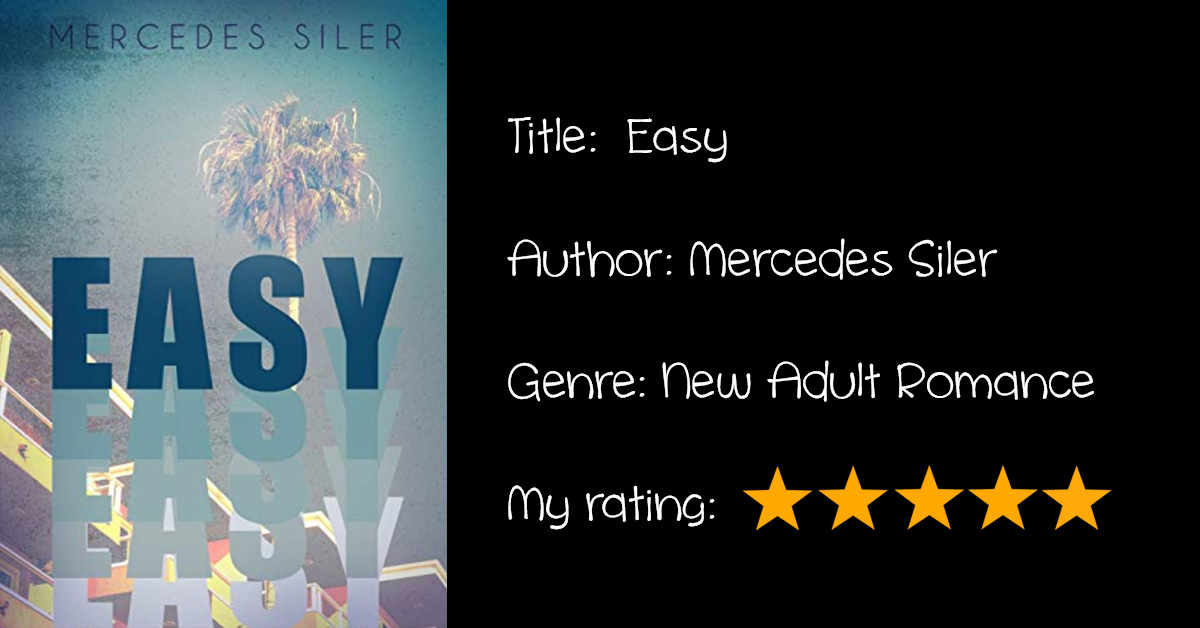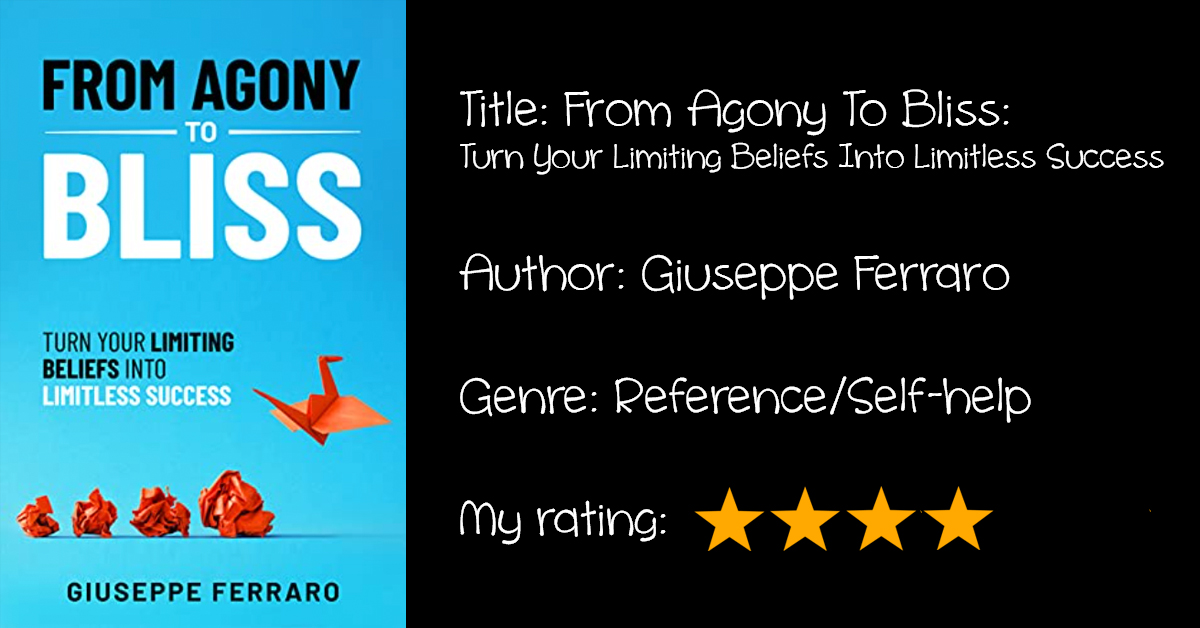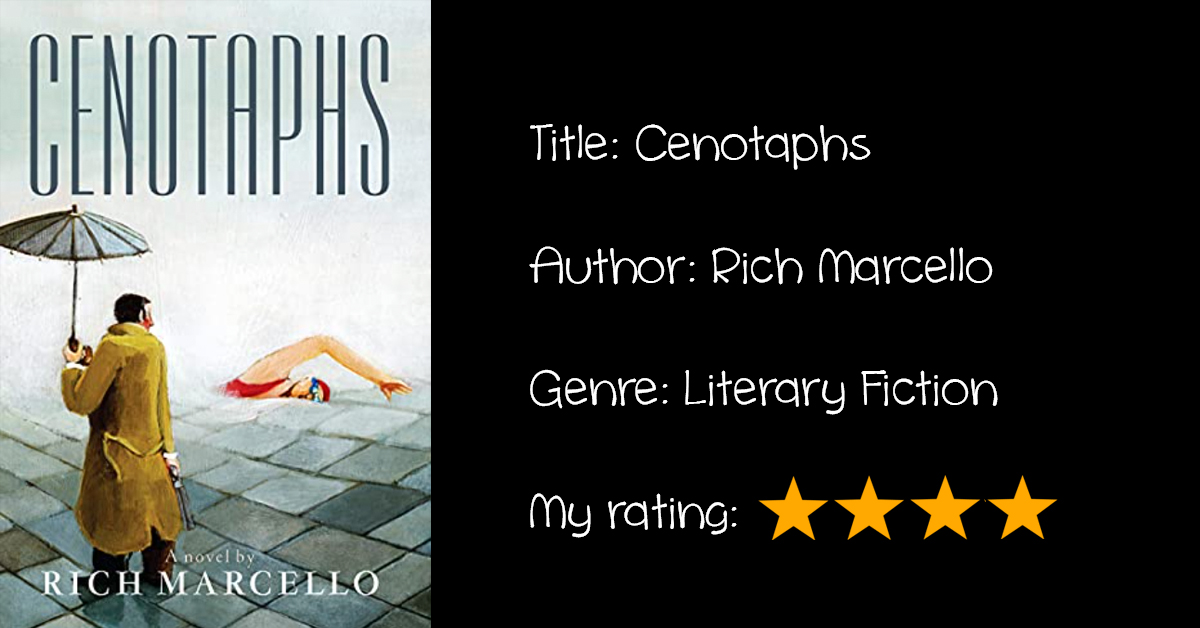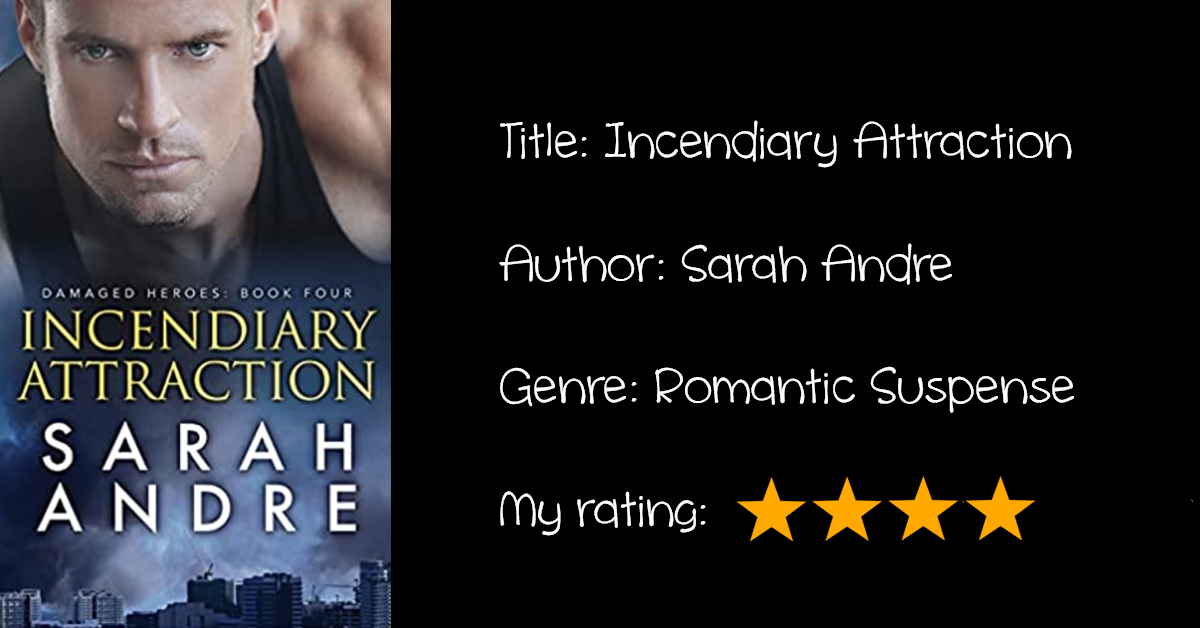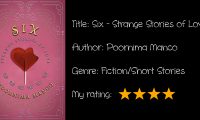Review: “The Summer After”
The author reached out after I reviewed another book of hers, What Pretty Gets You, and I received this book as an ARC.
The Premise
Both recently widowed, Dean and Juliet meet in the Cayman Islands, while staying at rental cottages with their children. Eight months prior, Dean lost his wife to cancer, while Juliet lost her husband to an accident six months ago. They fall into easy companionship, bonding over the comfort of partnership to look after their children. But neither is there on vacation — Dean came to the island after his teenage son Luc had a vehicular accident; and as the summer wears on, it becomes clear that Juliet is running from something.
Despite the settling calm of Dean’s love, Juliet is receiving cryptic correspondence from her brother in the United States, along with emailed quotes from a mysterious stranger. There is also a hazy, alcohol-induced night at the beginning of the summer that she can’t properly remember, but wishes she could forget. As a storm fast approaches the island and many people evacuate, Dean and Juliet have to make the difficult decision to stay there together, or go back to their individual lives — as only time will tell what remains standing after the storm.
The Pros
Told from two points of view — Dean in third person, and Juliet in second person, the novel traces the blossoming of a relationship that seems impossibly difficult, given that each has been married and widowed. As Juliet states:
“How do we get to know each other? How do we share our stories, when so much involves the one that came before? How do we honor the past for the sake of our children, without hurting each other?”
For Juliet, Dean is a “guardrail”: a solid, stand-up man whose love for his children is an allure — a stark contrast to her husband, Jack, who was oblivious to his children’s needs while focusing on building his real estate empire. For Dean, Juliet gives him far more than the “crumbs” of love he received from his wife Amélie.
Despite the difficulties in each of their marriages, they are both wracked with grief over the loved ones they lost. Now in each other, there is a possibility of real love: a happy “Brady Bunch” ending of uniting their families. As Juliet puts it:
“I want to bring back intention to my life. I want to do things from love, be present again.”
Even though we only see two viewpoints, every other character is fully fleshed out, their actions speaking louder than words — Luc’s broody comments, Tony’s irreverent guffaws, and the breezy beauty of innocence in the younger children’s easy camaraderie.
The tiny touches and nuances make the story come to life — the island vibe of laid-back life in the Cayman Islands, the quick-fire prejudices of the people around them, and the work ethic of those who live in “paradise” year-round. You can almost feel the brackish water of the sea spray, the sun blazing down, and the unrelenting mosquitoes singing their glory as they feast on open flesh.
The writing is emotional and profound, and I loved the way the reader gets the chance to piece together the puzzle of the past, revealing the darkest depths of Juliet’s personal anguish. It leaves you with a deep appreciation for the value of love for family, and for the impact a significant other has on your psyche.
Conclusion
Similar to my last book I read by this author, this was a stunning novel. I was glad to see a real, raw story of love later in life — post loss, post children, post the novelty of a typical romance. The undercurrent of suspense kept me reading feverishly to the end, and even though I suspected the surprise, it was still shocking when it finally got to that point. The genre is a curious blend of drama, romance, and thriller — but I eventually classed it as a women’s fiction because above all, Juliet’s story (the one we read as “YOU” that speaks directly to the reader) is the one voice that rises to the surface, taking its seat in our souls as we love and dislike her and pity her, feeling both her excruciating pain and uplifting joy as she eventually finds her way. I believe particularly adult female readers will appreciate and enjoy this novel, but I would also recommend to a general adult audience.

